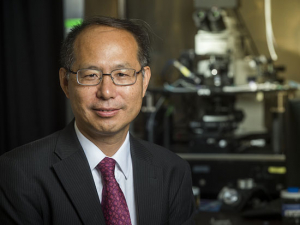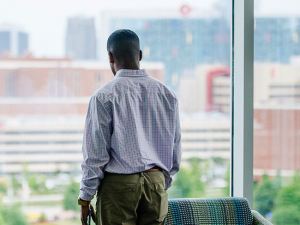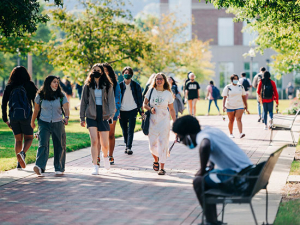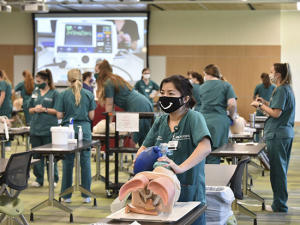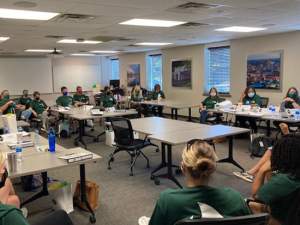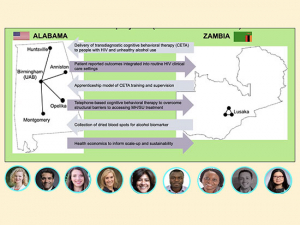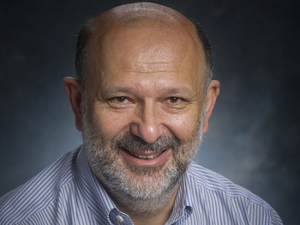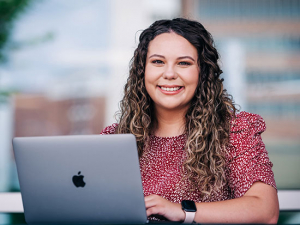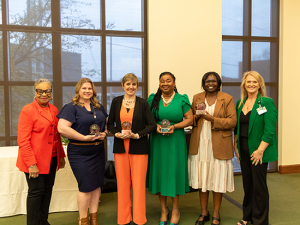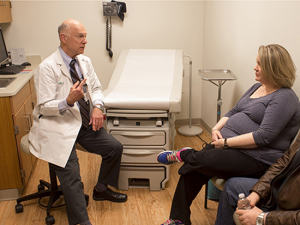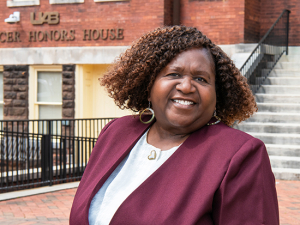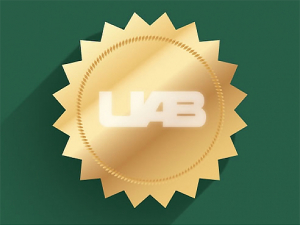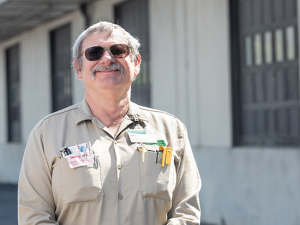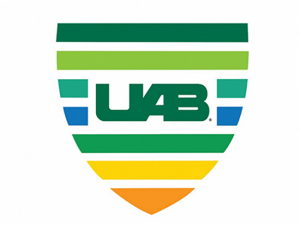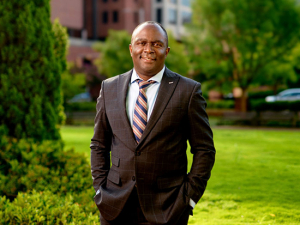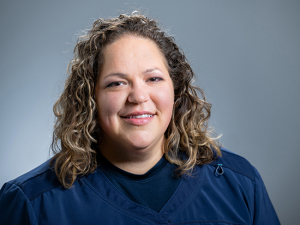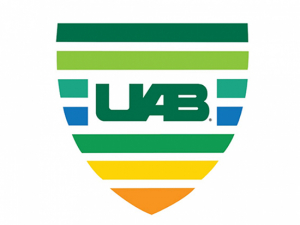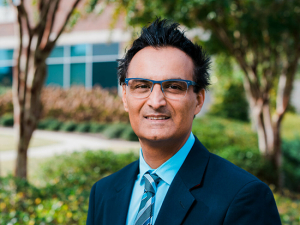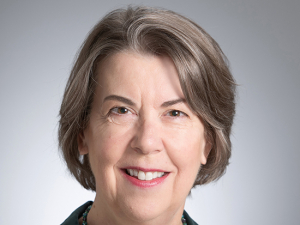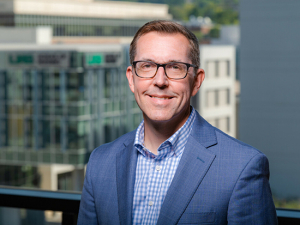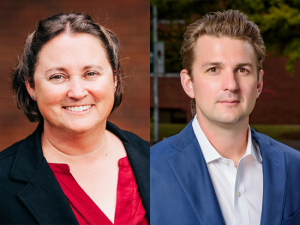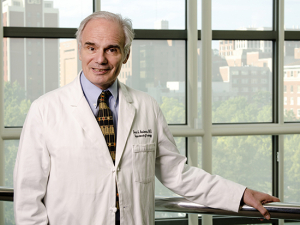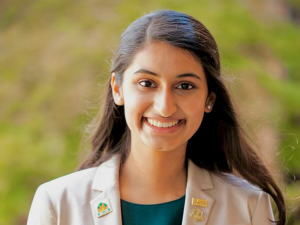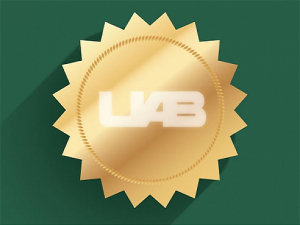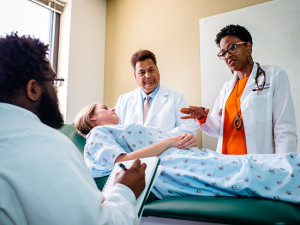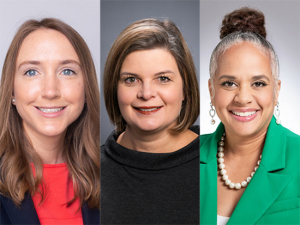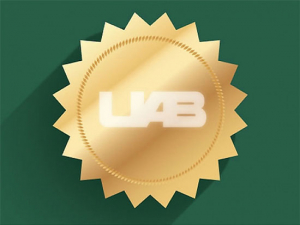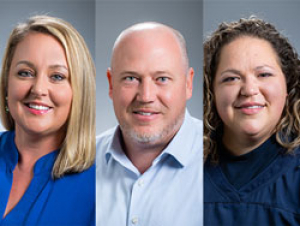
Matt Windsor
| This email address is being protected from spambots. You need JavaScript enabled to view it.Feeling stuck because of COVID? Try these four R’s to break free.
Study tracks how UAB students’ mental health has been affected by COVID-19 and racism
Setting international standards for health care simulation
UAB faculty and staff from four separate schools and units have contributed to the international standards in health care simulation, reinforcing UAB’s position among the world leaders in the field.
5 transformative lessons from UAB's Advanced Safety Engineering and Management program
New class enters UAB’s leadership academy
ZAMBAMA grant leverages ‘reverse innovation’ to reduce unhealthy alcohol use and improve HIV outcomes
Parpura's pioneering work on misunderstood brain cells honored in journal special issue
Discoveries about neurotransmission in neuroglia were “heresy” at the time, but the work of UAB neurobiologist Vladimir Parpura, M.D., Ph.D., has inspired new approaches to treating brain disease — and an honorary issue of the journal Neurochemical Research.
